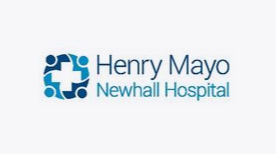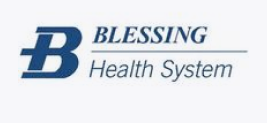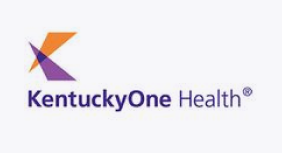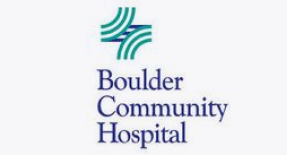April 30, 2022
Why Hospitals of All Sizes Can Benefit from Specialty Pharmacy
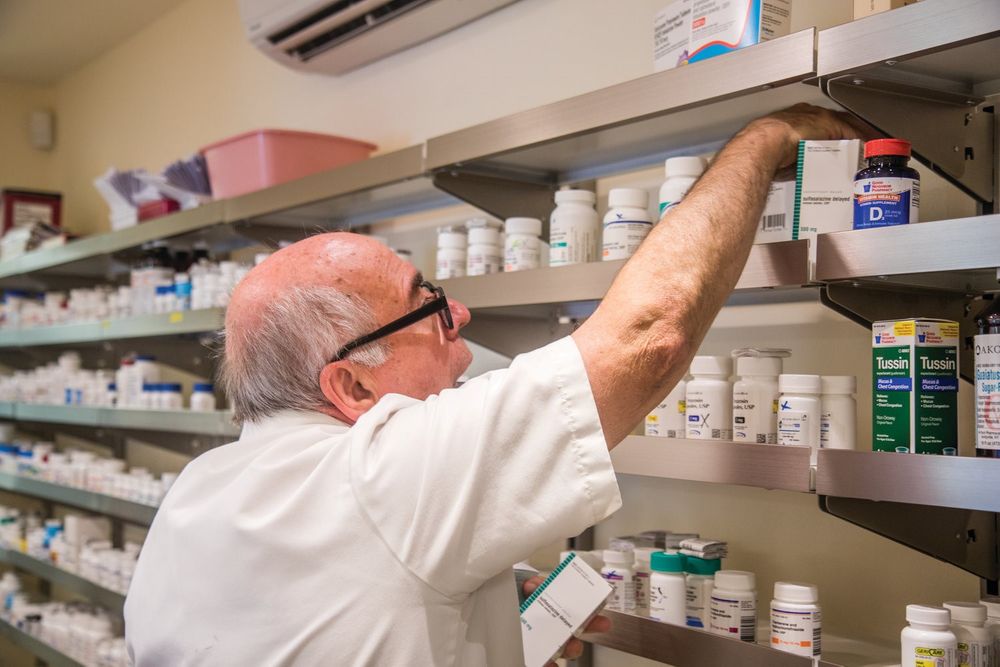
There has been a significant jump in hospital-owned specialty pharmacies in the last two years, however, the majority of this has occurred at larger hospitals. According to a recent ASHP Survey, less than half of small- to medium-sized hospitals operated a specialty pharmacy in 2018, compared with 76% of hospitals with 600 or more beds. This begs the question, why are the smaller and medium hospitals staying on the sidelines?
Reason #1: My Hospital is Too Small To Realize Any Benefit?
Our experience tells us that no hospital is too small to consider Specialty Pharmacy.
We have worked with a 100-bed hospital system that was able to achieve over $140,000 in profit in the first two-months of operation (and that’s just the tip of the iceberg). Within this same 2-month time frame, they were also able to help patients with over $340,000 of free medication by finding and using manufacturer and other sponsored drug programs. The patients are thrilled at their ability to afford their medication, have face-to-face interaction with a pharmacist (versus the typical call center model) and keep their healthcare local.
Clients that have seen specialty pharmacy success includes even smaller hospitals than this one, and we can point to two of our Critical Access Hospital clients, who are forecasting over $1 million in new revenues this year, through their small self-operated hospital specialty pharmacy.
Many health systems underestimate the potential impact of offering specialty pharmacy. They are no longer just within the purview of the large academic medical centers. Specialty pharmacy services present hospitals and health systems with new ways to not only improve revenues, but also deliver a better patient experience.
Reason #2: Implementing a Specialty Pharmacy is Very Difficult
We will say that running a specialty pharmacy is quite different to an outpatient pharmacy. However, it can be as easy or as difficult as you want to make it. Hospitals will often have the expertise in house to begin these types of operations, and for those who don’t (or don’t want to develop), partners can be found.
The 100-bed hospital mentioned above had an existing outpatient pharmacy that serviced their infusion center. They began their specialty pharmacy by utilizing the outpatient pharmacist to expand their services into oral oncolytics. The pharmacist worked with nursing staff in the infusion center, and developed a workflow where she would meet with each patient, explain the program, their services and how the hospital specialty pharmacy could help. The patients loved the one-on-one interaction and partnership. However, the one challenge this hospital faced was servicing the administrative side of specialty pharmacy. They did not have any in-house experience with things like complicated prior authorizations or financial assistance programs, so we helped them find a partner that could do this for them. Within three-weeks, an agreement was signed, that enrolled all new patients with an external partner’s back-office operation (which brands to the hospital system). The partner has proved invaluable at helping them get this operation up and running quickly as well helping patients through the complicated early stages of prior-authorization and financial assistance plans.
Reason #3: We Don’t Have Enough Space for a Specialty Pharmacy.
The space and resources required for a specialty pharmacy are very different to a traditional outpatient pharmacy. The beautiful thing about specialty pharmacy is that it can exist in almost any hospital system, and can be as big (or small) as your needs dictate.
Some of our smaller hospital clients, with just one targeted disease state have been able to service all of their specialty pharmacy patients from their outpatient pharmacy location (this is also how many of our large clients start their program). The more mid-sized hospitals began by finding an office and desk space for patient management personnel, billing personnel, in-house auditing, marketing, and/or additional pharmacy staff, and were able to operate the entire business out of 200 square feet. While others have built state of-the-art 10,000+-square foot facilities, that includes custom software, productivity workflows, smart shipping solutions, and pharmacy robots.
What you need depends on your situation and your goals in specialty
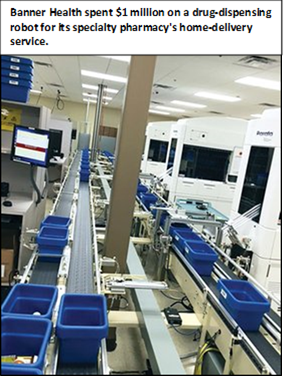

Next Steps To Evaluate Your In-House Specialty Pharmacy
The specialty pharmacy business model presents unique opportunities for hospitals and health systems of all sizes. Although many large health care organizations appear to have embraced the concept, small- and mid-sized organizations can gain the same advantages.
Please feel free to contact us for an evaluation of opportunities that your hospital might have.



